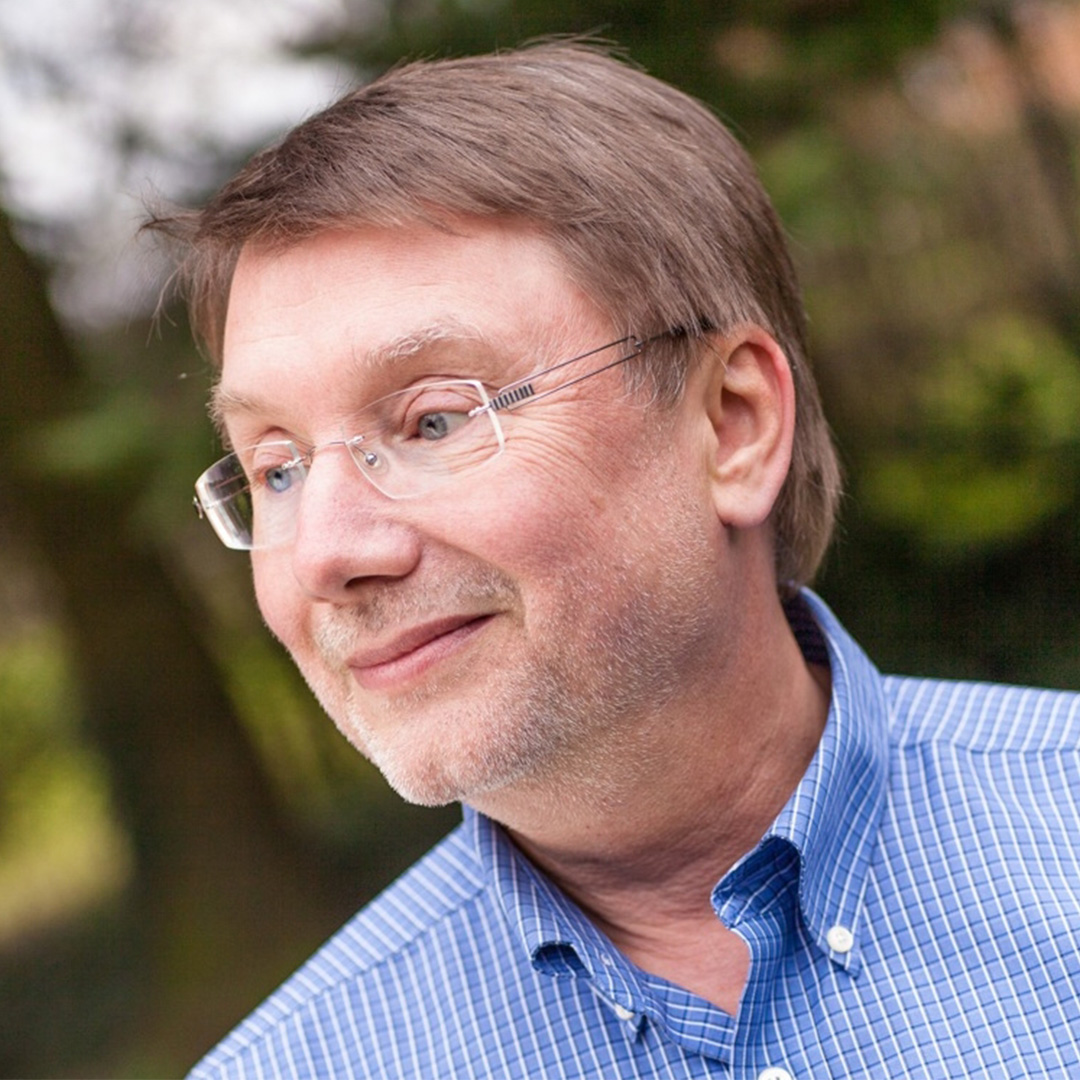
Prof. Dr Ulrich Wiedner
Experimental physics, especially hadron physics
Research
My research is in pure basic science and is dedicated to understanding the strong interaction that is responsible for the diversity of the particle spectrum of the subatomic world. The experiments on this will in future be carried out with antimatter beams consisting of antiprotons at the PANDA experiment at the new FAIR facility in Darmstadt.
Spectroscopy in physics is a proven tool for understanding nature and has played a crucial role in the development of quantum mechanics and particle physics. In particular, the quark model was developed on the basis of the results obtained. Hadrons are particles made up of the fundamental quarks and held together by gluons through the strong interaction. Free quarks and gluons have never been observed, but only in combinations that form a hadron. Two or three quarks in a hadron thus represent, if one looks at it closely, the first complex system after the fundamental particles. So far, however, the properties of hadrons can only be described very inadequately by means of the strong interaction. For further understanding, it would be very helpful if the existence of new particles predicted by the theory, such as gluon balls or hybrids, could be confirmed experimentally.
Why are gluon balls so interesting? The answer to this question leads to an understanding of how particles get their mass through the strong interaction. Quarks themselves get their mass through the so-called Higgs mechanism. However, quark masses only account for a few percent of the mass of protons, for example, the rest comes from the strong interaction. Gluon balls only get their mass from the strong interaction and therefore a study of an entire gluon ball spectrum could provide the crucial clues to understanding the mass production of hadrons. Certain gluon balls can be found in radiatively decaying charmonium particles, which is why we are participating in the BES experiment to study charmonium particles in China, and the whole gluon ball spectrum should be accessible with PANDA.
The physics topics addressed, such as the confinement of quarks (confinement), the proof of the existence of glueballs and hybrids, and the understanding of mass generation in strongly interacting hadrons, are long unsolved problems that pose an enormous intellectual challenge and to which our group aims to contribute through experimental work.
Currently, our research group is involved in several experiments. The PANDA experiment at FAIR is the largest and 7 scientists together with 8 PhD students and several Bachelor and Master students are working on it. This research is supported by the BMBF and the GSI. Furthermore, we participate in the CBELSA experiment at the Bonn electron accelerator with DFG support. Our hardware and software activities regarding electromagnetic calorimeters are supported by Forschungszentrum Jülich.
Since it will be a while before the PANDA experiment will take data, we are participating in the BES experiment at the electron-positron collider in Beijing. This collaboration allows students to complement their work on the PANDA experiment by analysing actual physics data.
The person
Training
Professional career
Memberships and commitment
Present and past collaborations
- Spokesperson of the international PANDA Collaboration for Antiproton Physics at GSI
- Participation in the BES experiment to study charmonium decays
- Spokesperson for the Crystal Barrel Collaboration at CERN
- Participation in the WASA-Celsius experiment
- Participation in the COMPASS experiment at CERN
Committees
- Member of "International Advisory Boards" of nuclear and particle physics conferences
- Coordinator of the European Long Range Plan for Hadron Physics
- Member of the Faculty Council of the Faculty of Physics and Astronomy at the Ruhr University Bochum
Organisation of conferences, workshops and schools
- Conference Chair "European Nuclear Physics Conference
- Organiser "Workshop on QCD exotics
- Organiser "Hadron Physics Summer School
- Conference Chair 15th Nordic Meeting on Intermediate and High-Energy Nuclear Physics
- Chair of the Workshop on Future FAIR Physics
- Chair of the "Enrico Fermi summer school 2004" in Varenna
- Chair of the International Workshop "The Strange Structure of Nucleon" at CERN
- Coordinator of the graduate school 'gradU' in Uppsala

